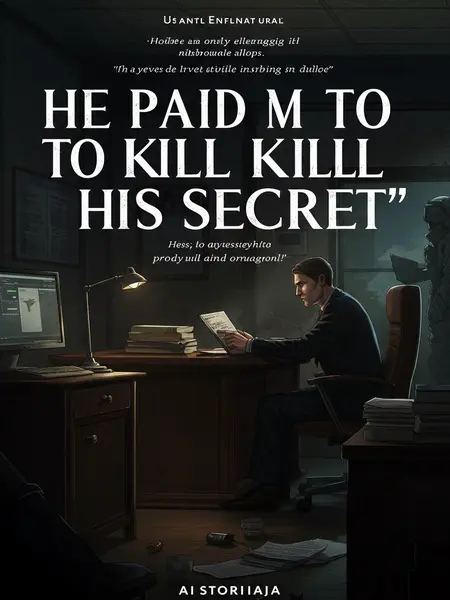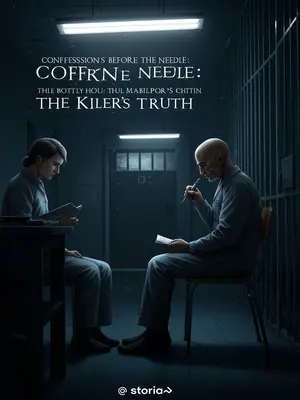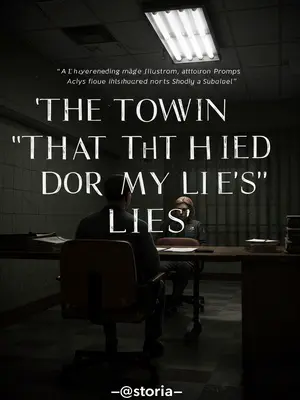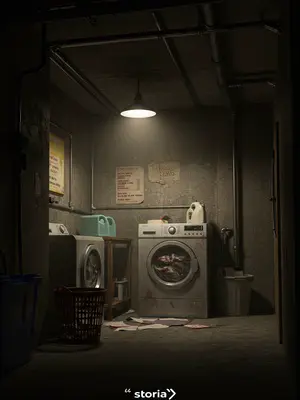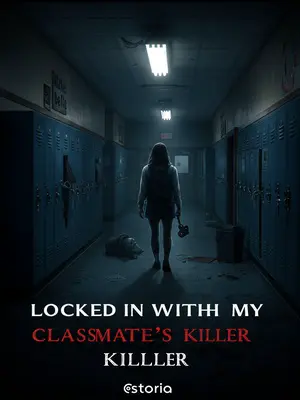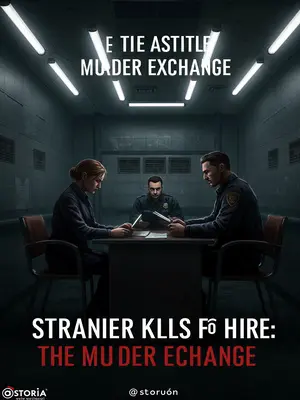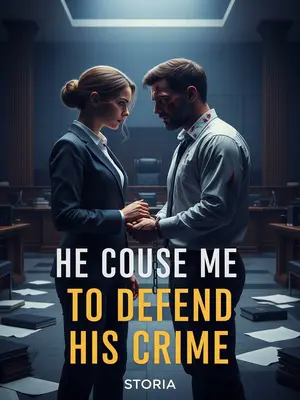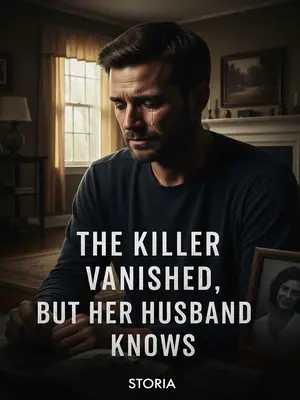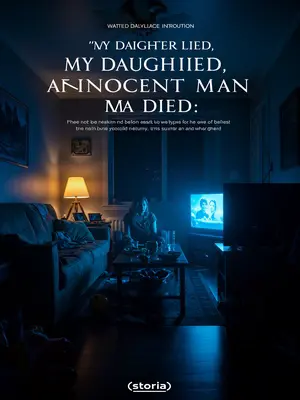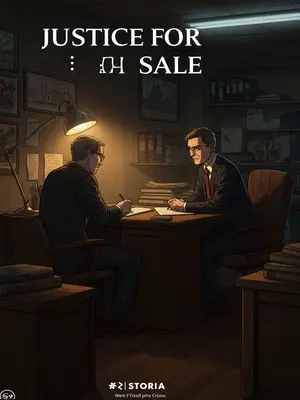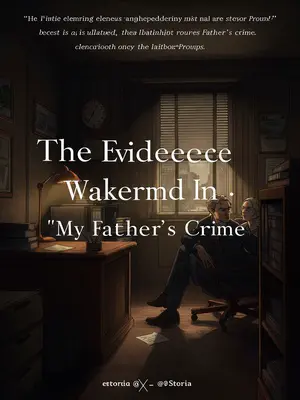Chapter 2: Secrets, Motives, and a Broken System
I couldn’t let it go, so I asked Caleb straight:
“Did you really kill him over a stupid grudge?”
His answer hit me sideways:
“He insulted my mom.”
In America, a ‘yo mama’ jab usually gets you a black eye, not a murder charge. But with Caleb, the wound ran deeper.
Two years before, Caleb’s parents died in a mine collapse. Both gone in an instant, leaving just him and his younger brother. In a town like Toledo, that kind of loss sticks. Neighbors bring casseroles, but the loneliness never leaves.
Since then, he couldn’t handle any jokes about his parents. The usual ‘your mom’ cracks sent him into a rage. Grief has a way of turning anger into violence when you feel like the world’s stacked against you.
I didn’t push him further. Instead, I confirmed with him that the prosecution’s records were accurate.
After Caleb said, “No mistake,” I asked if the police had forced a confession or worked him over too hard.
“No,” he replied.
That answer crushed any hope I had.
I was only trying to get him a lighter sentence, but it was looking more and more hopeless. I tried to stick to the plan, telling Caleb:
“I’ll ask your classmates to testify—you had it rough growing up, your family was poor, but you were always a good guy. Maybe it’ll help at sentencing.”
Caleb nodded, numb.
Finally, I handed him the autopsy report for Mark Sanders:
“Mark’s body showed severe wear and tear—joint tendinitis, stomach ulcers, late-stage lung cancer.”
I slid the file over, hoping it’d spark something in Caleb’s conscience:
“He was a construction worker. Even if you hadn’t hanged him, he didn’t have long left.”
Caleb stared at the report, head bowed. The fluorescent lights in the visitation room flickered, throwing his shadow long across the table.
…
The first trial began on August 26.
I called in Caleb’s classmates, a couple of professors willing to help, his old boss from the Waffle House, and a few coworkers from the site. They showed up in wrinkled dress shirts, ties crooked, looking lost.
I tried to reach Caleb’s brother but never got through. His phone just rang and rang—empty as a church on a weekday.
My defense was to push Caleb’s good character and the fact that he’d turned himself in, hoping for mercy.
The prosecutor brought in the site manager, Tom Reynolds, some workers, and Mark Sanders’ wife and daughter. Mark’s daughter clung to a battered teddy bear, her eyes red and swollen.
The prosecutor asked for the death penalty. I argued for fifteen years.
…
The trial itself was a blur, but some moments still haunt me.
I argued Mark had provoked Caleb, so Mark bore some responsibility, and Caleb’s confession should count for something.
That sent Mark’s wife into a rage. Clutching her daughter’s hand, she stood and screamed, her voice cracking:
“My husband was a good man! He never fought with anyone! You killed him, and now you insult him? You’re monsters—both of you!”
My heart hammered in my chest. I wanted to scream at her, shake her, anything to make her see what I was trying to do. But all I could do was stare at the table, heart pounding.
Caleb mumbled apologies, eyes glued to the floor. His voice was barely above a whisper—like he was begging for forgiveness only he’d ever hear.
Later, Mark’s wife collapsed on the stand. The bailiff carried her out, her daughter trailing behind, sobbing. For the first time, I felt the line between right and wrong blur until I didn’t know which side I was on.
…
The prosecutor zeroed in on Caleb’s advance call to the police and his refusal to stop while Mark was being hanged.
He put it plainly:
“Everyone has hate in their hearts. If we all acted on it like Caleb, the law would mean nothing. Caleb’s actions weren’t about character—they were pure vengeance.”
With that, my whole argument unraveled.
Despite everything, the verdict didn’t change.
The judge sentenced Caleb to death.
